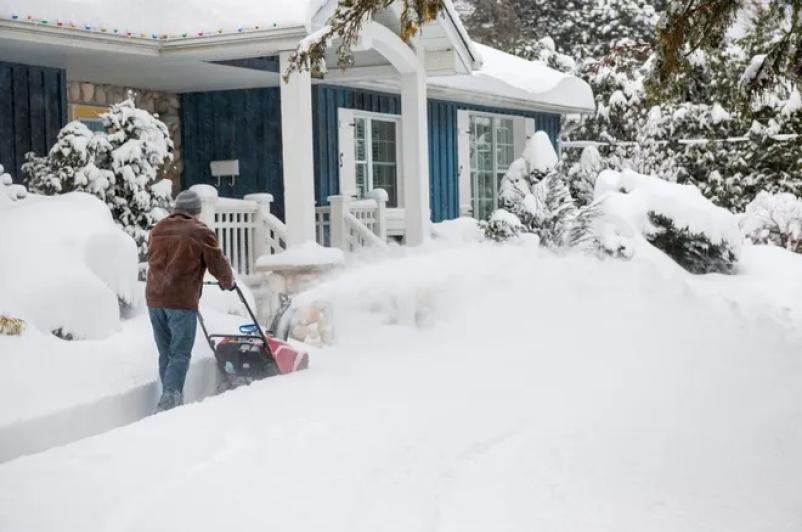

Take precautions to survive winter’s deep-freeze
November 27, 2022
You can enjoy wintertime without taking risks, even when the temperature dips well below freezing. And while cold weather is nothing new to the Southern Tier, it’s good to remind ourselves just how to cope with snow, ice, a deep-freeze and wind gusts. A few simple precautions can mean the difference between catastrophe and safety. Below are a few tips from the clinical experts at UHS.
- If possible, adjust your schedule to avoid being outside during the coldest part of the day or night. Stay indoors and avoid travel as much as feasible.
- Dress for the outdoors even if you don't think you'll be out much. Make sure you have a warm coat, hat and gloves that will keep you well-covered, so that you don’t leave large areas of skin exposed. Have a change of clothes ready in case what you’re wearing gets wet.
- Wear sturdy boots. Have hand and foot warmers at the ready.
- Keep a well-stocked emergency kit in your car if you do have to drive to and from work or school, or anywhere else. Put blankets or sleeping bags in your vehicle in case you get stranded in traffic or on a lonely road. Your travel survival kit should also include flashlights with fresh batteries, jumper cables, a tool kit, cat litter for traction, ice scrapers and a snow shovel, flares or a reflective triangle, non-perishable food, water and a first aid kit.
- Fill your gas tank. Make sure your car or other vehicle has at least half a tank of gas during extreme-cold situations so that you can stay warm if you become stranded.
Remember to keep your whole family and household safe as well.
- Keep your children warm and indoors. Don’t let them wait outside for the school bus for a long period of time. If you have an infant at home, have plenty of gear on hand, such as extra diapers, formula and food.
- If you have pets or farm animals, make sure they have plenty of food and water, and are not overly exposed to extreme cold.
- Check your house. Take precautions to ensure that your water pipes don’t freeze. Know the temperature thresholds of your plants and crops. Have on hand at least one gallon of drinking water per person per day for at least three days. And be aware that high-protein foods can give you energy.
Know how to avoid frostbite.
Frostbite is an injury to the body that is caused by freezing. Frostbite is most common on exposed skin, such as your cheeks, nose and ears. It can also occur on hands and feet. Early warning signs include numbness, loss of feeling or a stinging sensation.
- Immediately get out of the cold if you suspect frostbite. Slowly warm the affected area — but don't rub it, because that can damage your skin. Seek emergency care if numbness doesn't go away.
By taking precautions and staying alert to changes in the weather during the winter months, you and your family can avoid serious problems and get through the colder months unscathed. If you are concerned about frostbite or any cold related illness, you can visit a UHS Walk-In Center for help. Find out more information by clicking here.

